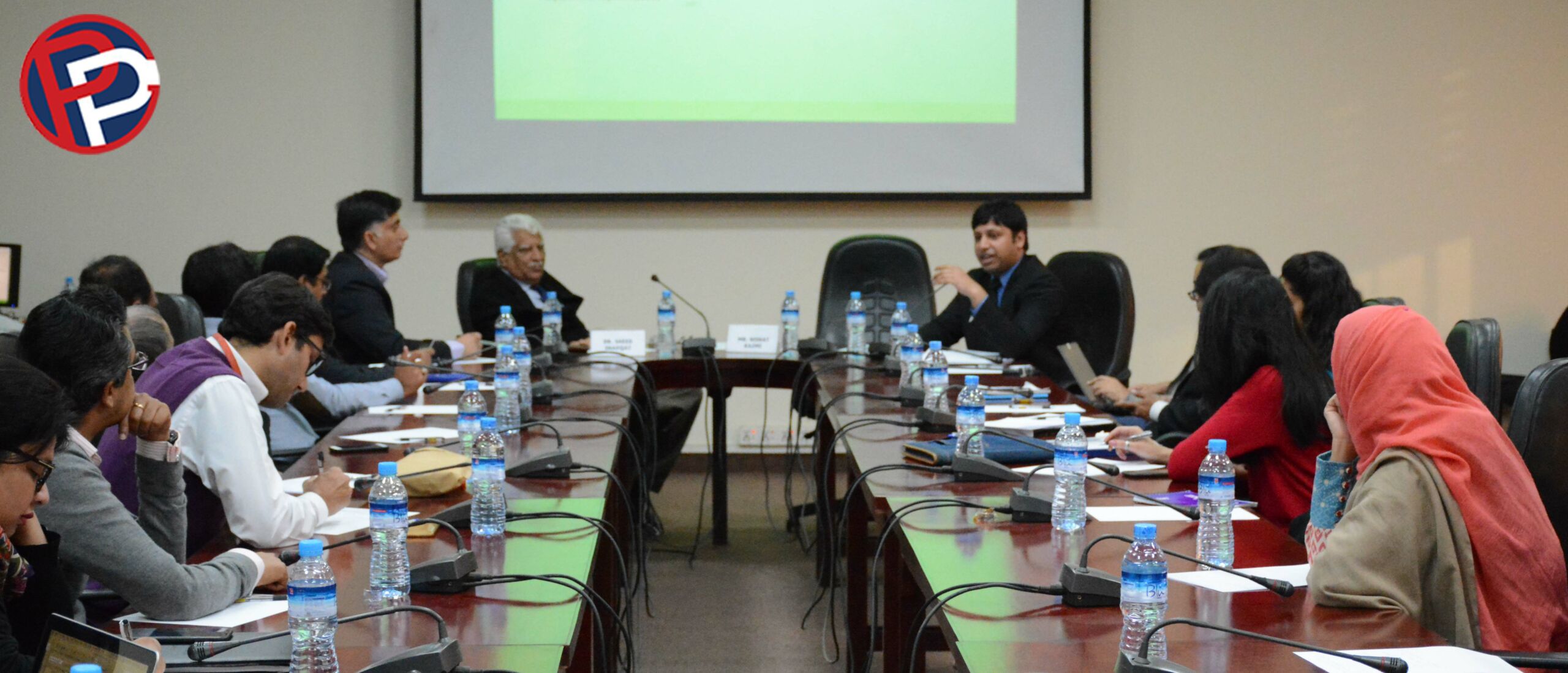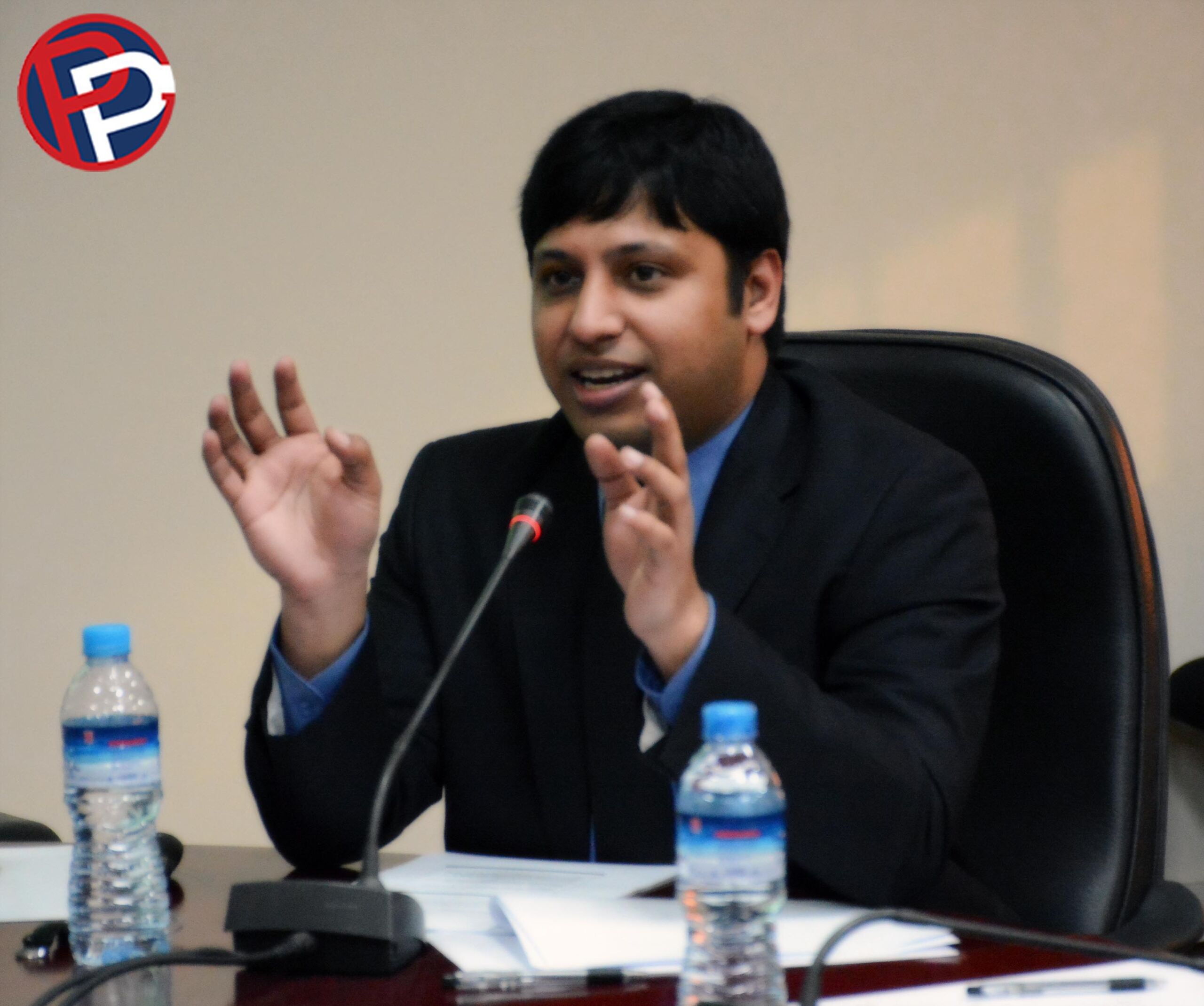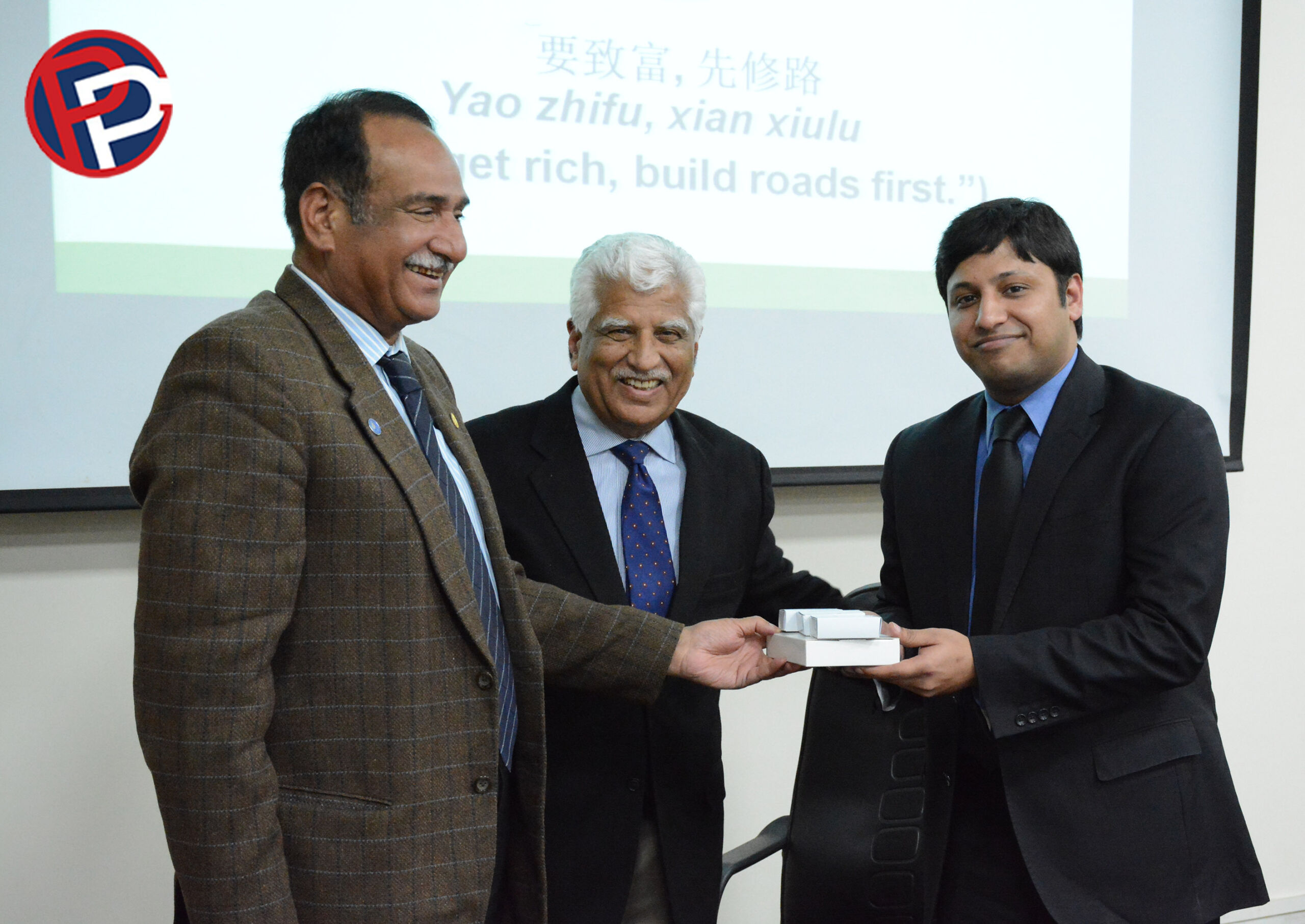
BRI in Africa: the case of Chinese engagement with Kenya and Ethopia
Seminar
Past Event
Mr. Nishat Kazmi
FCC Lahore
Upcoming Event
On 27th February 2019, Mr. Nishat Kazmi was invited to speak at the CPPG on “BRI in Africa: the case of Chinese engagement with Kenya and Ethopia.” Mr. Nishat Kazmi is currently working as Senior Consultant with the Media Foundation, an NGO based in Lahore. He is a recent Yenching Scholar and was based at Peking University (2016-18) where he completed a Master’s degree in China Studies and a Graduate Certificate in African Studies with a focus on China-Africa relations. Earlier (2015-16), Mr. Kazmi worked as Research Associate at the Centre for Research and Security Studies (CRSS). He has served as Advisor with the Institute for Environmental Security (IES) and during his association contributed to The Hague Environmental Law Clinic project (2012). He has also been at The Hiroshima Peacebuilders Center in Japan on a fellowship focusing on peace-building development and international institutions.
Explaining the relevance of China’s presence in Africa, Mr. Kazmi explained that China is the number 1 trading partner in Africa. Though China lacks behind Foreign Direct Investment in Africa it has been investing in the continent over the past two decades when no other country was risking investments there. China is investing a total $60 billion in Africa out of which $35 billion are interest free loans. There are four schools of thoughts regarding an overview of China-Africa relationship.
- Some believed that China is not only a partner but also a colonizer
- China is only after Africa’s natural resources.
- China is a dominant partner with its tactful negotiating skills.
- China is a risk taker in Africa.
The mega project of Mombassa-Nairobi Railway line was extensively discussed. That is the first railway line to be built in Kenya in over 100 years with a total length of 472km and an overall length of 609 km, worth $3.8 billion and was functional in May 2017. This was a project that created more than 46000 jobs for locals and added 1.5% to Kenya’s GDP.
Another important project in Kenya was the Nairobi Southern Bypass worth $170 million with the concessionary loan provided by China. It is expected to be completed in 2019 and would join the Northern, Eastern and Southern bypasses with a total length of 31 km.
The mega developmental project in Ethiopia was Addis Ababa-Djibouti Railway to connect Ethiopia’s capital Addis Ababa with Djibouti’s port of Doraleh- on which Ethiopia’s trade is heavily dependent. China Exim Bank provided the loan of $2.5 billion.
The main focus of China is infrastructural development and inter-region connectivity. Another successful example was of Addis Ababa-Djibouti Railway. It was one of its kind, an electric train for both passengers and freight transfers, which reduced travel time from three days to twelve hours.
Interestingly with the benefits of infrastructural development, employment opportunities, training and technological advancement and building of positive perception of China in Africa the BRI also come certain challenges. For instance many perceive that the countries China is investing in will become debt-ridden, labor rights and environmental issues are also a concern, domestic industries are being impacted as they fail to compete with Chinese products, the corruption factor is lingering with prevailing terrorist activities and safety concerns remain an issue for Chinese laborers. Most importantly the development induced displacement and cultural barriers are affecting the societal structure in Africa. These concerns are prevalent in other nations too where China is engaging as a result of the BRI but many feel that these challenges are not insurmountable and that the economic benefits are extremely valuable for countries that have been struggling with long-term development for decades. The presence of ‘community liaison officers’ that help build communication between locals and Chinese workers is an example of how Chinese companies have attempted to gain greater understanding of local concerns and garner support for their projects. In Kenya for instance, people greatly value Chinese investments and rate China-Kenya relations with highly favorable rankings (34% consider it the most important relation).
Mr. Kazmi therefore highlighted in his recommendations that in order to address the concerns that arise due to China’s engagement in host countries, political leaders need to be aware of the following:
- Ensuring that projects are inclusive with equal opportunities
- There is adequate transparency to control corruption
- Projects are environmentally sustainable
- Workers are provided conducive environments at par with international standards



